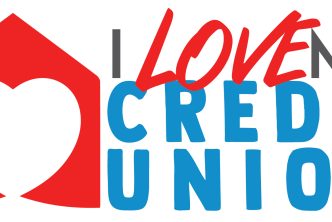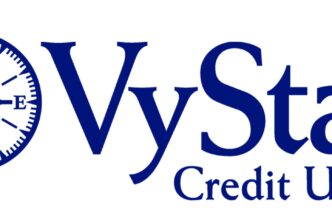The CFPB has released a new guide to setting up an emergency fund to help consumers prepare for unexpected life events. To help prepare consumers, the bureau says: “The amount you need to have in an emergency fund depends on your situation. Think about the most common kind of unexpected expenses you’ve had in the past and how much they cost. This may help you set a goal for how much you want to have set aside. If you’re living paycheck to paycheck or don’t get paid the same amount each week or month, putting any money aside can feel difficult. But, even a small amount can provide some financial security.”
It also offers a strategy for building savings:
Building a savings of any size is easier when you’re able to consistently put money away. It’s one of the fastest ways to see it grow. If you’re not in a regular practice of saving, there are a few key principles to creating and sticking to a savings habit:
- Set a goal. Having a specific goal for your savings can help you stay motivated. Establishing your emergency fund may be that achievable goal that helps you stay on track, especially when you’re initially getting started. Use our savings planning tool to calculate how long it’ll take you to reach your goal, based on how much and how often you’re able to put money away.
- Create a system for making consistent contributions. There are a number of different ways to save, and as you’ll read below, setting up automatic recurring transfers is often one of the easiest. It may also be that you put a specific amount of cash aside each day, week, or payday period. Aim to make it a specific amount, and if you can occasionally afford to do more, you’ll watch your savings grow even faster.
- Regularly monitor your progress. Find a way to regularly check your savings. Whether it’s an automatic notification of your account balance or writing down a running total of your contributions, finding a way to watch your progress can offer gratification and encouragement to keep going.
- Celebrate your successes. If you’re sticking with your savings habit, don’t miss the opportunity to recognize what you’ve accomplished. Find a few ways that you can treat yourself, and if you’ve reached your goal, set your next one.
Who is this helpful for: Anyone, but particularly those with consistent income. If you know you have a regular paycheck or money consistently coming in, you can create a habit to put some of that money towards an emergency savings fund.
Learn more at the CFPB.






